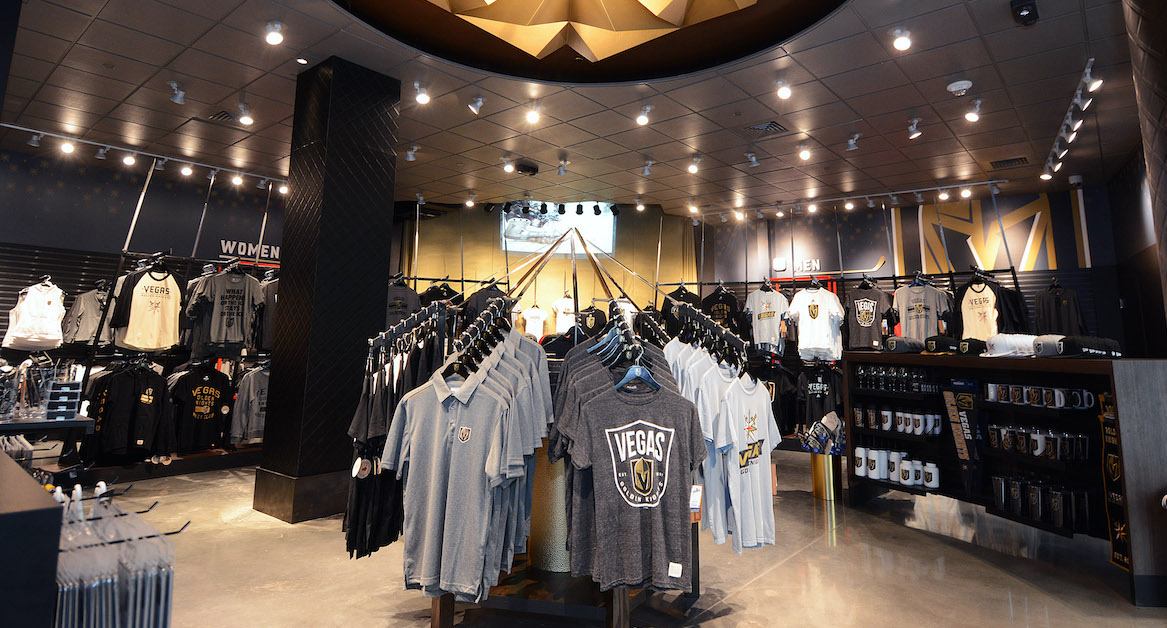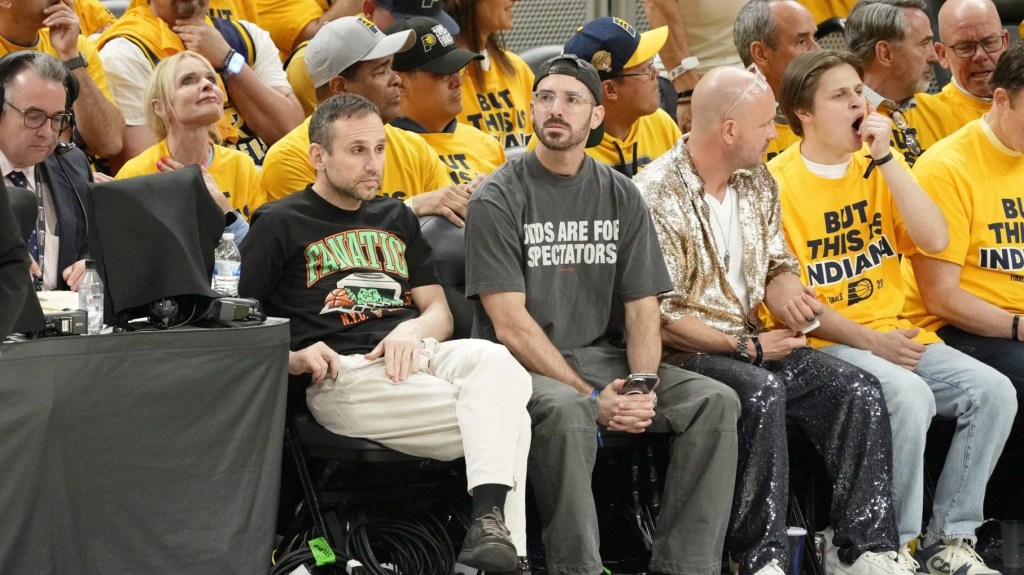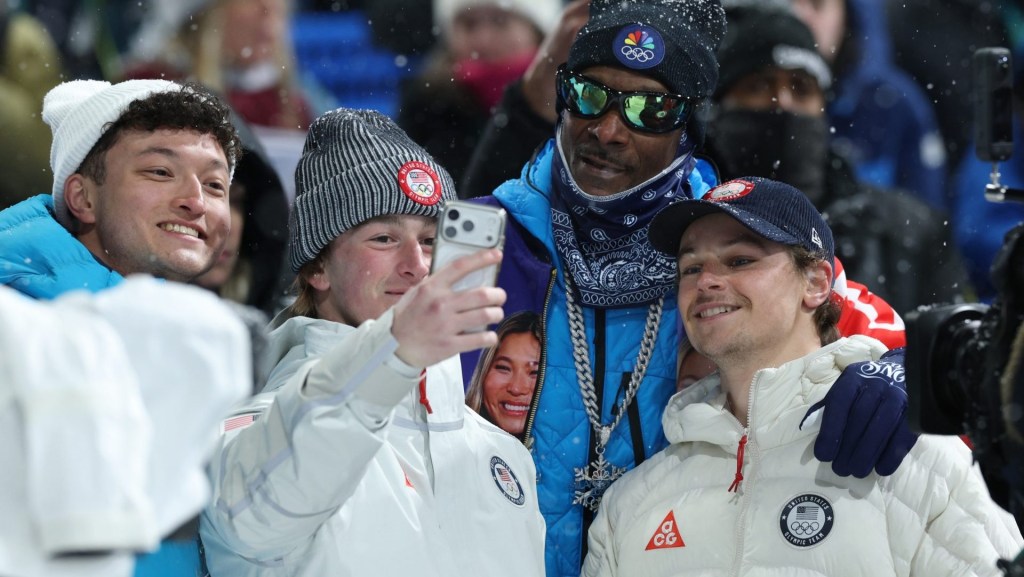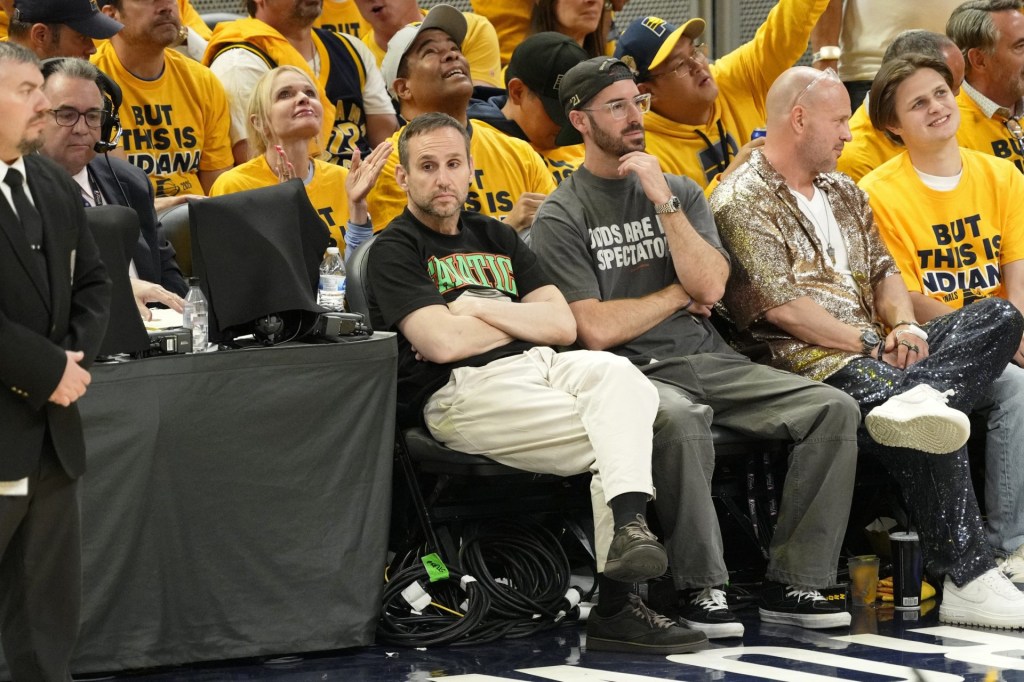As fan habits change, so too are the ways teams are approaching merchandise.
Teams are filling out their retail stores with wider arrays of clothing options – well beyond jerseys and logo tees – and staying nimble and launching merchandise that ties into the moment. Several teams the past year have seen immense success capturing a moment and celebrating it with the fans, from the Carolina Hurricanes’ “Bunch of Jerks” and St. Louis Blues “Gloria” to the Washington National’s “Baby Shark.”
From those special moment-in-time pieces to lifestyle apparel partnerships, there’s plenty of room to capitalize on a growing revenue opportunity in merchandise, said Adam Beck, senior vice president of retail at Rank and Rally, the retail arm of Levy Restaurants.
“We’ll see over time whether or not there is a glass ceiling, but for right now, we’re experiencing fantastic growth with these retail programs in revenue and per capita spending,” Beck said. “It’s more complex; people aren’t looking at team merchandise as they did historically, you’re competing as much against other apparel brands outside the arena as other licensed goods.”
According to Kenneth Research, global licensed sports merchandise sales were $26.47 billion in 2018, with the potential to jump to nearly $34 billion by 2023.
Rather than just buying a jersey to wear to the game, Beck said consumers are now focused on buying pieces they can wear to casual Friday at work, the bar, or the golf course. Beck said teams are increasingly partnering with more lifestyle-focused apparel brands.
For example, the Vegas Golden Knights recently partnered with Lululemon to create Golden Knights-branded athleisure products. Beck also mentioned a denim customization station with the Golden Knights.
He said leagues, specifically citing the NBA and NHL, have embraced allowing teams to build out local licensed apparel to sell in the venue.
“That’s led to significant revenue growth,” Beck said. “The broader the assortment becomes, the broader the target demographic gets, and you can expand beyond the core consumer, and you’re not bumping up in the closets full of jerseys.”
Just as fans want to support their teams in everyday settings, Beck said the trend of capturing moments in time is growing too. For starters, people want to have a conversation piece built around something important to them. Likewise, he said consumer habits are changing, and younger generations are hesitant to spend on material goods.
“There’s been a paradigm shift of what people are willing to spend their money on,” Beck said. “Within retail, how do we meet them where they’re at in their journey? We can freeze the moment in time to harken back to an experience that was meaningful to them.”
For that to be successful, Beck said teams have to allow to happen organically. It can’t be an idea generated at a meeting, but something they react to and strategically run with to create life beyond a meaningful moment.
Not forcing the brand is key to success, said Mike Forman, Hurricanes vice president of marketing and brand strategy. FOS detailed the Hurricanes’ quick-to-market merchandise plan with the “Bunch of Jerks” shirts last year, and a little less than a year later, it’s still the team’s No. 1 selling shirt. All told, more than 25,000 shirts have been sold to 19 countries and all 50 states and 10 Canadian provinces.
“I’d say it’s become intertwined with our brand,” Forman said. “The success we’re seeing is without forcing it. Sometimes organizations can get in trouble trying to carry something past its prime.”
Forman said the Hurricanes have seen it continued because the fans have embraced the “jerks” moniker and see it as a compliment. It also helps the team still maintains the fun personality that made former Sportsnet broadcaster Don Cherry utter those fateful words.
While he believes it’s for a variety of reasons, Forman believes the slogan has staying power in part because others are doing the work for the team, and “Bunch of Jerks” largely has been kept off marketing materials.
But as the team sees an increase in attendance – 14,322 fans per game last season to 16,512 this year – Forman said new fans are quick to want to join the “Bunch of Jerks” club.
The World Series Champion Washington Nationals began selling Baby Shark merchandise designed by retailer BreakingT in June, inspired by outfielder Gerardo Parra’s walk-up song. The fever caught on as the team made its postseason push.
“We had been selling Parra t-shirts online, and at [Nationals Park] all summer long,” BreakingT President Jamie Mottram told FOS in November. “It was a surprise to us that it became an instant phenomenon in October.”
Not all teams will continue to push their quick success capturing a moment. The Stanley Cup-winning Blues said they wouldn’t continue to use Gloria as the team’s victory song this year.
READ MORE: Dodgers Hope Merchandise Collaborations Provide Bridge To New Fans
Beck said along with the Gloria buzz, the Stanley Cup run has provided lots of opportunities in Blues merchandise, particularly with players’ wives.
“That’s been very successful,” he said. “They have large social followings and can help push out to an underserved demographic in sports apparel. Women’s apparel has historically been ‘pink it and shrink it,’ that doesn’t resonate with female fans and consumers. We can take something like this and develop something unique.”
While taking a quick comment and turning it into a massive merchandise success seems repeatable, it’s far from easy. Forman said they’ve tried to replicate even a fraction of the success, and a lot of it is pure luck.
“It’s a bit of a balancing act,” Beck said. “As many success stories as you see, there’s a larger amount of times they went for something and flamed out early or never caught hold. Fans have a good BS meter if it doesn’t feel authentic.”





![[Subscription Customers Only] Jul 13, 2025; East Rutherford, New Jersey, USA; Chelsea FC midfielder Cole Palmer (10) celebrates winning the final of the 2025 FIFA Club World Cup at MetLife Stadium](https://frontofficesports.com/wp-content/uploads/2026/02/USATSI_26636703-scaled-e1770932227605.jpg?quality=100&w=1024)










